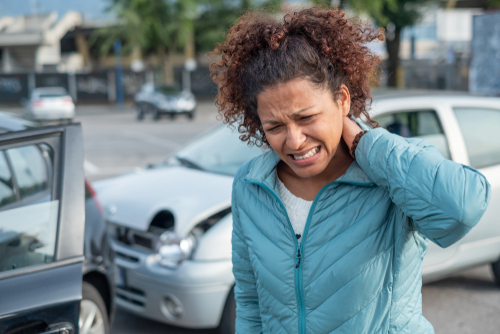
Common Types of Neck and Back Injuries in Norcross, GA Auto Crashes
One Crash Changed Everything Maria was driving home from her job in Norcross, GA when a distracted driver slammed into her car at a red light. The collision wasn’t at

One Crash Changed Everything Maria was driving home from her job in Norcross, GA when a distracted driver slammed into her car at a red light. The collision wasn’t at
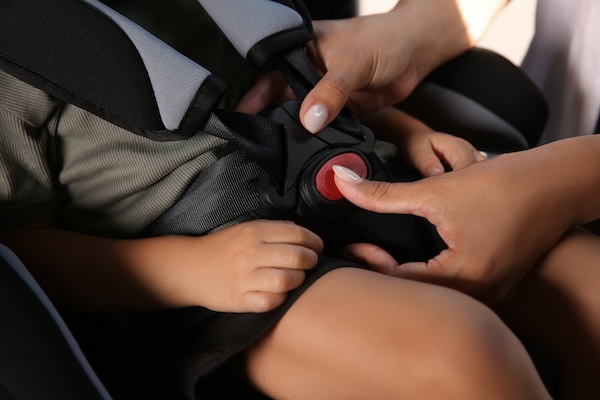
When your child suffers a child car accident injury, the aftermath can be both emotionally devastating and legally complex. As a parent, your top priority is ensuring your child’s recovery,
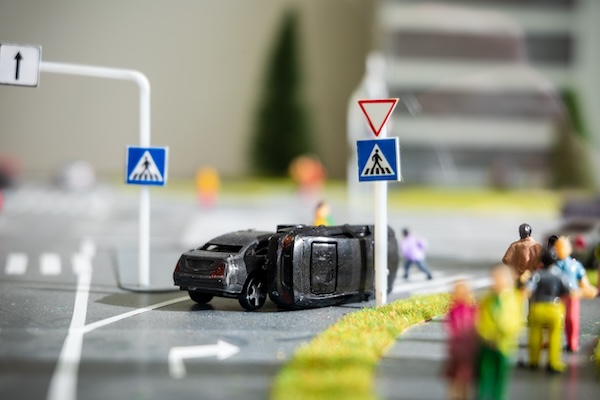
Intersection accidents can be life-changing events. When two or more roads converge, the potential for a collision increases—especially when drivers ignore traffic signals or fail to yield the right-of-way. Whether
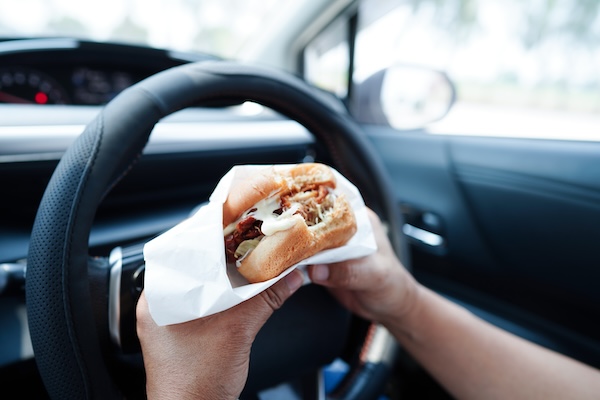
Coping with the Aftermath of a Distracted Driving Accident If you’ve recently been injured in a car accident caused by a distracted driver in Georgia, you may be overwhelmed with
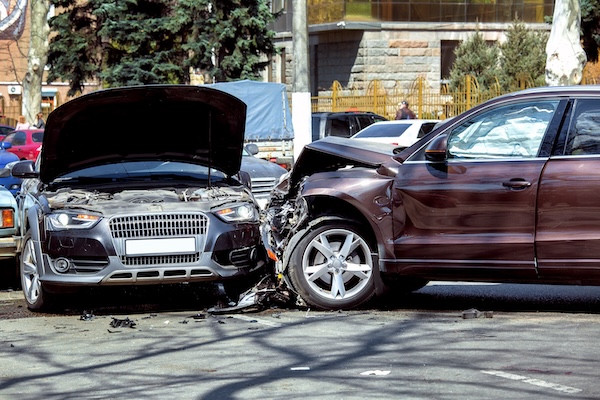
Your Legal Rights After a T-Bone Accident in Georgia T-bone accidents, also known as broadside or side-impact collisions, can result in serious injuries and even fatalities. If you or a
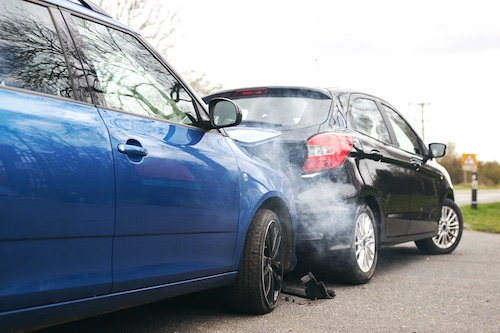
What to Do After a Rear-End Car Accident in Georgia: Your Guide To Fair Compensation A rear-end car accident can leave you with severe injuries, mounting medical bills, and emotional

Why Choosing the Right Cumming Car Accident Lawyer Matters Having to decide on an attorney for your car accident case can feel overwhelming, especially right after a crash. If you’re
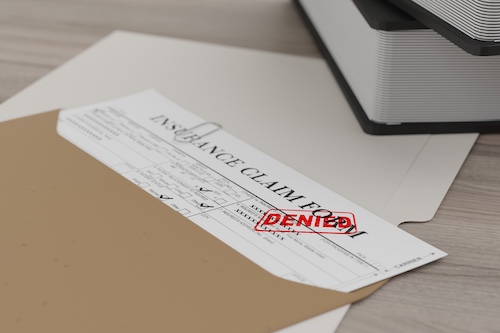
What to Do When Your Insurance Claim Is Denied After a Car Accident A serious car accident can leave you with medical bills, vehicle damage, and lost time. When your
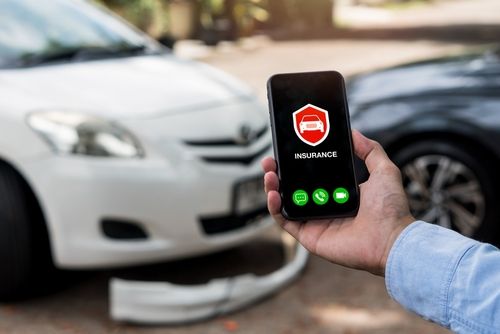
Car accidents are stressful and confusing. One of the most common questions people ask is, “Do I call my insurance after a car accident?” The short answer is yes, you

What to Do After a Hit-and-Run Accident in Georgia A hit-and-run accident can leave you injured, confused, and unsure of what to do next. When the other driver leaves the

What Kind of Doctor to See After a Car Accident: Expert Guidance for Your Recovery and Legal Needs When it comes to navigating the aftermath of a car accident, understanding

Navigating the Car Accident Lawsuit Process in Georgia Navigating the aftermath of a car accident can be overwhelming, especially when it comes to understanding the legal requirements and deadlines for
